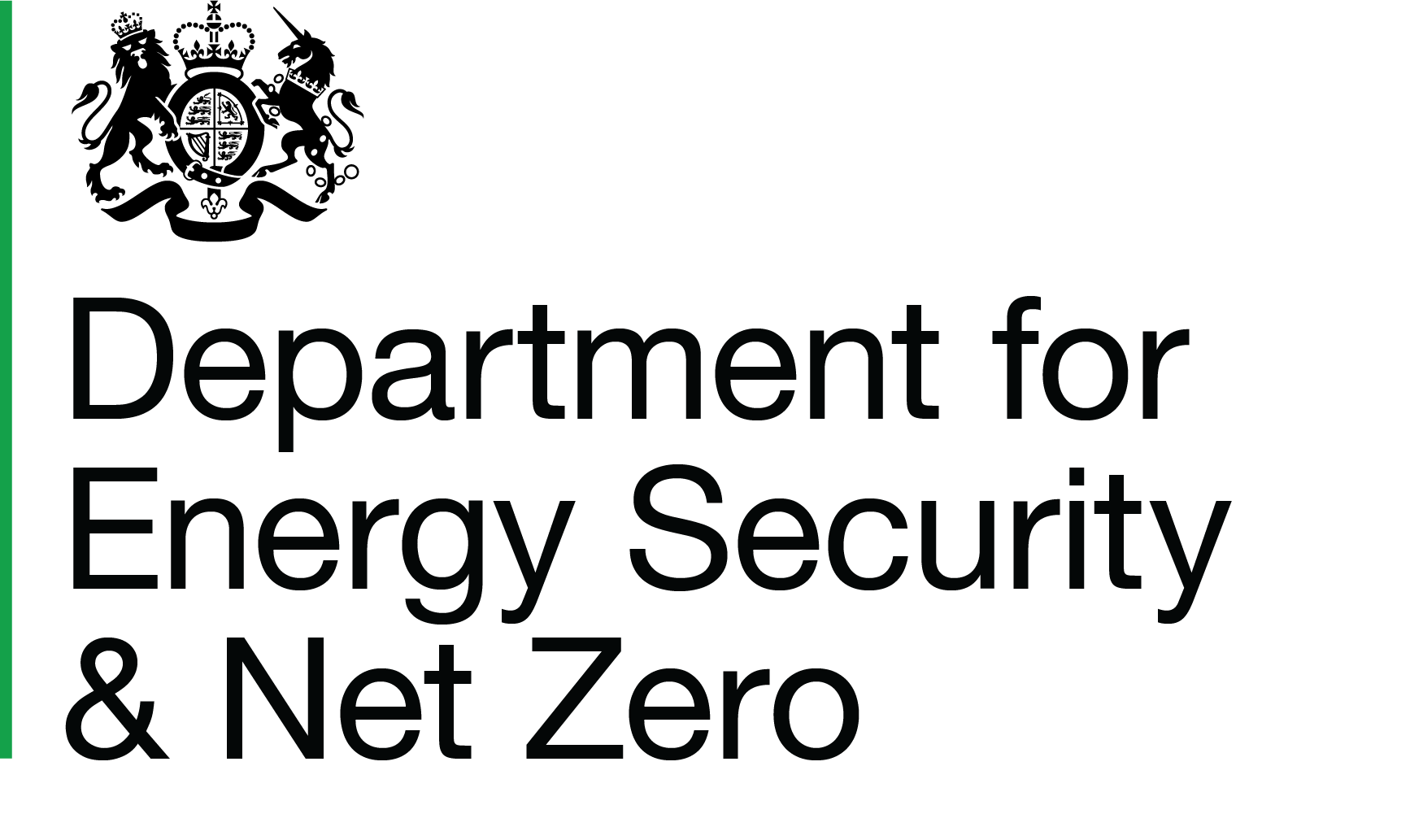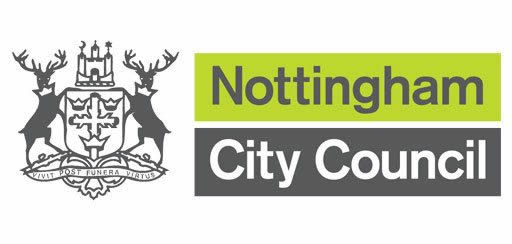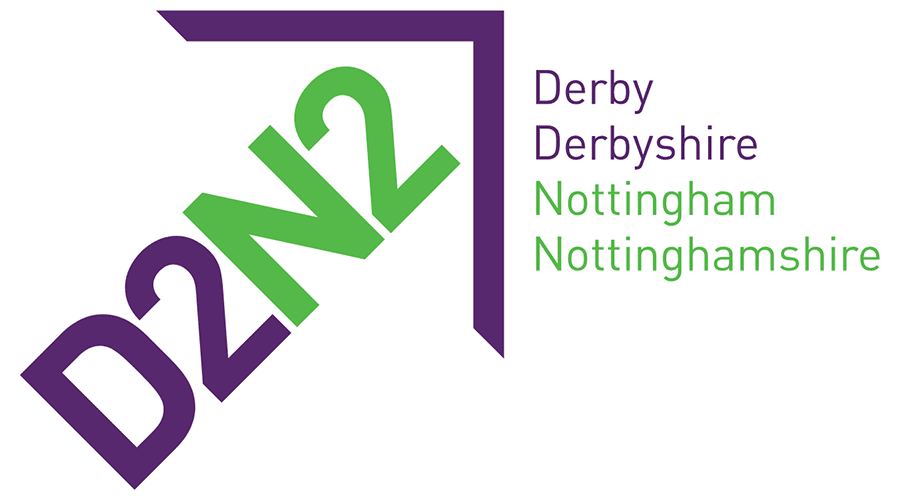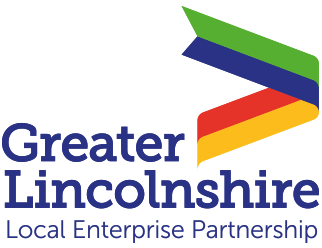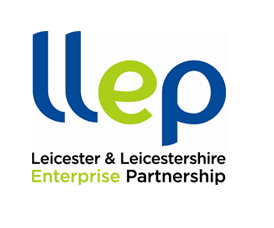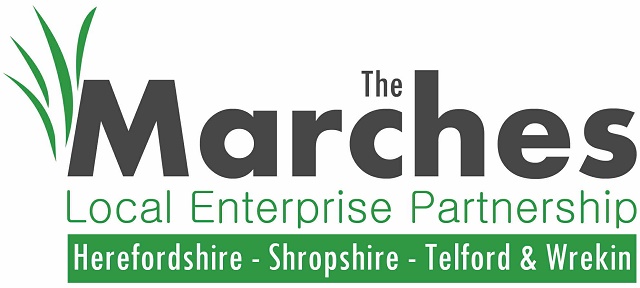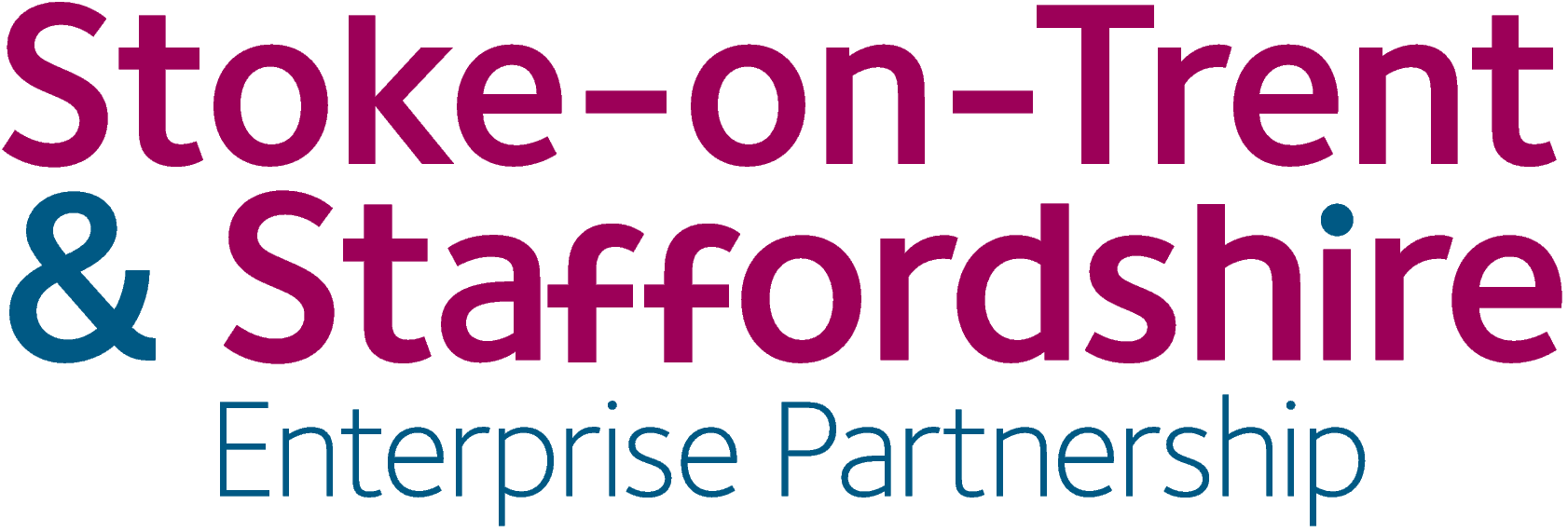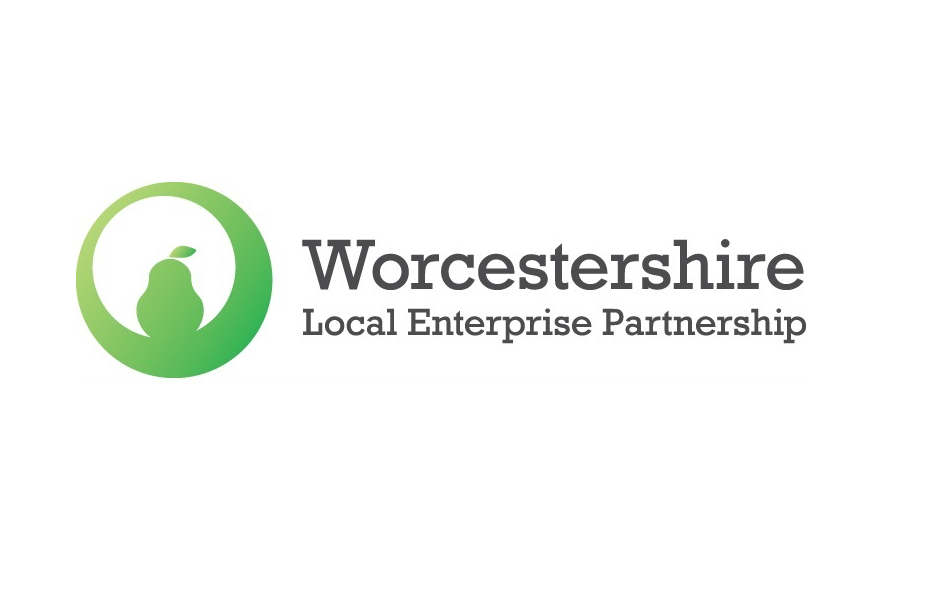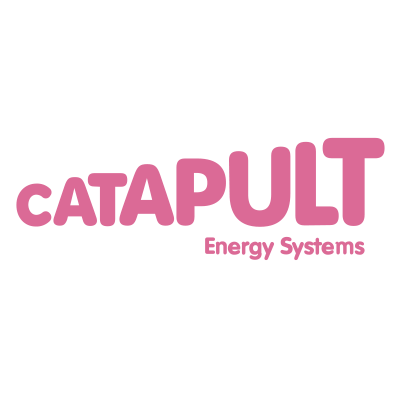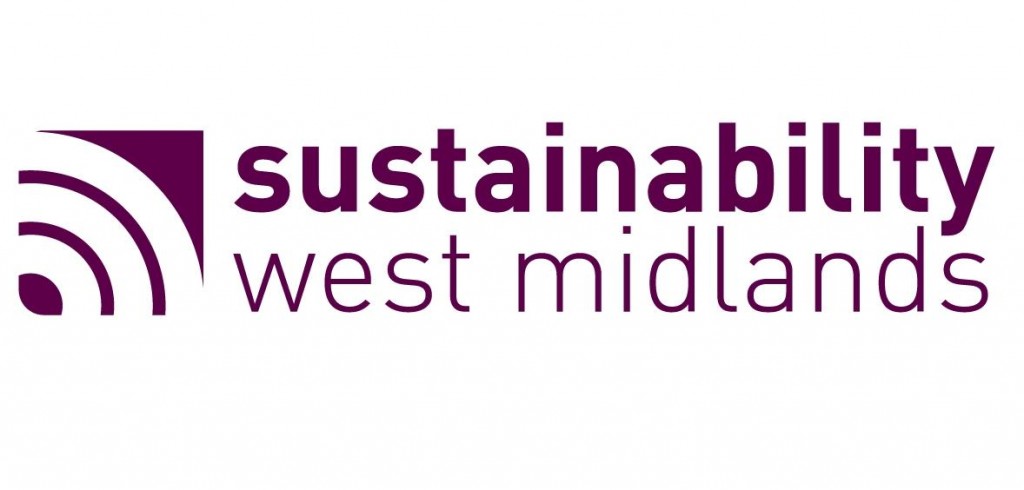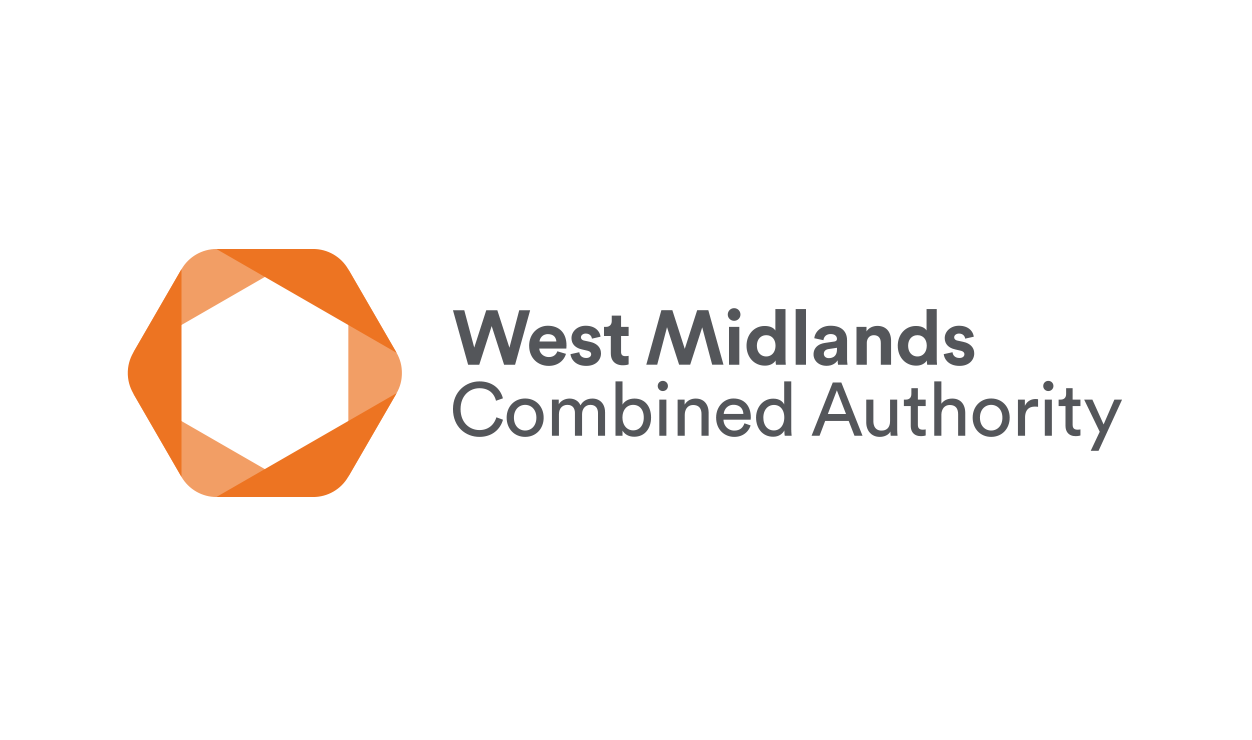Ground-breaking project identifies opportunities for using waste heat to power low carbon horticulture
District Eating is one of a very small number of UK companies that develop new sustainable horticulture projects within the UK. They were engaged by the Midlands Net Zero Hub to undertake a ground-breaking project to highlight opportunities and methods suitable for utilising waste heat to help power low carbon horticulture.
Background
Every year, greenhouses in the UK are estimated to use 3.3 TWh of heat – the equivalent of heating around 200,000 homes in the UK . Heat production is dominated by natural gas boilers and Combined Heat and Power (CHP), which contribute to national CO2 emissions. Meanwhile, recoverable waste heat from UK industry is estimated to be 10-50 TWh per year, which is enough to heat all of the UK’s greenhouses three times over!
So why is recovering and using waste heat for horticulture not the norm? The technology is available, but changing established practices takes time. However, in the transition to net zero, a shift towards more localised heat and power systems is inevitable. Through this study, we aimed to get the ball rolling for low carbon, collaborative waste heat solutions by developing links between UK industry and horticulture.
The Project
By mapping sources of waste heat and horticultural growers across the Midlands region, the project sought to identify clusters where opportunities existed for encouraging the innovative use of resources, such as sale of industrial waste heat into horticultural projects. The most promising sites identified in mapping were then selected for micro-feasibility studies and further project development.
The project established potential benefits for both parties, including access to reduced and stabilised heat costs for growers and an income to suppliers of heat that is currently wasted. The report highlights a range of opportunities for greenhouses, polytunnels and containerised vertical farms, and sets out draft business cases for each of these with a range of potential energy sources.
The Midlands Net Zero Hub is now working with partners across the Midlands to develop the next phase of the project. As well as looking to verify all of the assumptions and benchmarks used in the initial work, the project will also develop ideas for future opportunities in this area. These could include:
• Local Authority Food Procurement Study
• Derelict Land and Opportunities Survey
• Agri-park Feasibility Study
• Opportunities for Anaerobic Digestion Development and Co-location
• Renewable Energy for Vertical Farming Mapping Study
• Crops for Vertical Farming Market Research Study
• Harnessing Carbon Funding for New Entrants in Regenerative Farming
Further details
The reports can now be found on the Low Carbon Farming section of our website.

